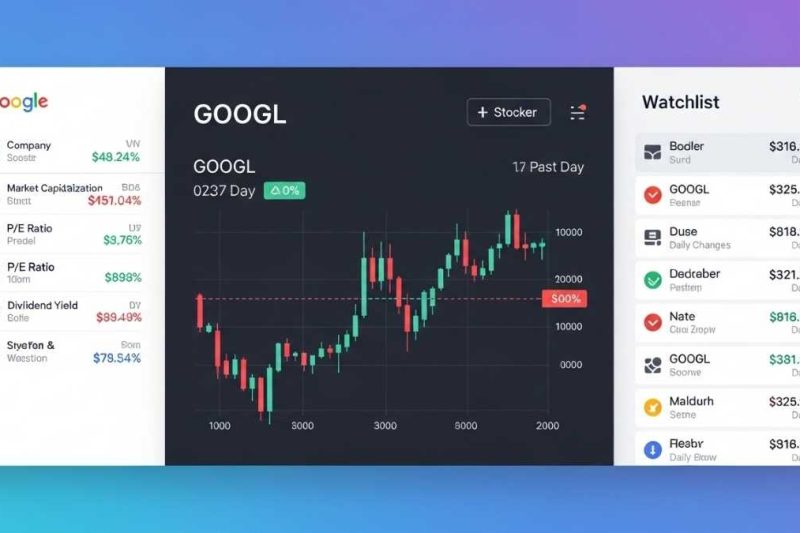Gen Beta will be the first generation to grow up with AI embedded in everyday life. This will allow for personalized experiences in work and education.
Like millennials, Gen Z, and Baby Boomers, Gen Beta will likely prioritize sustainability and global issues. They will push for companies that address climate change and other significant societal challenges.
1. Open a 529 Plan
A 529 plan can help your kids beat the galloping cost of higher education. The market-based investments within the plan can provide returns that far outperform saving in a bank account or simply stashing cash in an envelope under the mattress. Plus, if the state of your choice offers a tax deduction, that can be another incentive to contribute.
Consider investment options, fees, and past performance before selecting a plan. And be sure to look for a plan that aligns with your state’s educational benefits. For instance, many states offer a tax deduction or other incentives for investors who choose their home state’s plan.
You can also opt for a static or age-based portfolio, which adjusts the equity and fixed-income percentages based on your child’s estimated college enrollment date. It’s important to note that ownership of a 529 plan can be changed at any time, though this may impact financial aid eligibility. Also, withdrawals used for non-qualified expenses are subject to federal and state taxes. A custodial IRA can be an alternative for older teens that may offer some of the same benefits as a 529 plan while allowing broader distribution flexibility.
2. Create a Will
Generation Beta is a new label for the children of Millennials and older Gen Zers. They will inherit a world facing rapid technological integration and significant societal challenges.
According to McCrindle, the generation is expected to prioritize sustainability, inclusivity, and ingenuity. They are also believed to redefine relationships and careers by embracing fluid, inclusive family models.
Moreover, they are likely to develop an appreciation for diversity due to constant exposure to change in society and the economy. Similarly, growing up amid climate change and other global issues may instill a sense of responsibility for sustainable living from an early age.
Parents should encourage their kids to maintain a healthy balance between physical and digital activities. They should also help them build safe and thoughtful online identities. Furthermore, educating them about the importance of a human-to-human connection is critical. This will help them become more resilient in a world where technology constantly transforms their lives. They can also help them find a meaningful retirement beyond financial survival and personal fulfillment.
3. Get Life Insurance
The arrival of a new generation brings new possibilities, challenges, and considerations. Following Millennials and Gen Z, Generation Beta is poised to redefine life, longevity, and retirement in ways we can only imagine.
As prospective Generation Beta parents set their children up for success, there’s a heightened focus on ensuring financial preparedness. 82% prioritize their child’s education as one of the most important gifts they can give.
78% of Generation Beta parents believe preserving values like imagination and empathy will be more critical than ever as education becomes more tech-centric. This same mindset will likely be applied to the workplace, with 86% believing that Gen BB’s careers will evolve into hybrid roles blending high-tech education with hands-on skills and resilience through open dialogue.
As their lives expand and change, so will their thinking about family. A complete 65% of Gen Beta parents expect to embrace non-traditional family structures, with many believing that families will be more fluid and flexible than ever. In addition, with longer lifespans and potentially changing Social Security benefits, they must start saving early and plan for an uncertain future.
4. Get a Custodial IRA
A custodial IRA allows young adults with earned income to start saving for retirement early. They will benefit from decades of tax-free compounding growth and can retire with a substantial nest egg. They can also use the funds to pay for future expenses, including a first home.
If your child has earned income, they can open a custodial Roth IRA at any online brokerage that offers these accounts. They will need basic personal information such as their Social Security number and driver’s license, but most can be opened quickly.
Custodial IRAs allow children to start saving for retirement early, but they will need help from an adult. A financial advisor can guide them through the process. SmartAsset’s free tool matches you with fiduciary financial advisors who serve your area in minutes.
Are you ready to get started? Our free tool matches you with up to three fiduciary financial advisors who serve you in minutes. Each advisor has been vetted by SmartAsset and is held to a fiduciary standard to act in your best interest.
5. Set Goals
Generation Beta will experience a changing world that will likely significantly impact their financial future. Whether it’s the potential end of printed cash or increased tech regulation, many factors will influence their digital experiences.
Embracing advanced technology, they’ll be drawn to innovative products and services that enhance their lifestyles. Expecting streamlined checkout processes and subscription models, they’re also likely to show loyalty to brands that demonstrate ethical practices.
Gen Beta may exhibit heightened anxiety around data privacy and cybersecurity as individuals grow up with constant access to technology. In turn, they’ll demand transparency and stronger policies for protecting personal information.
Additionally, their focus on mental health will likely lead them to seek digital wellness tools, apps, and stress management resources. They’ll also prioritize environmental stewardship, influencing innovations in eco-conscious technologies and advocating for green policies. They’ll also contribute to healthcare advancements, with biotechnology and personalized medicine making them more health-conscious than previous generations. Falling global fertility rates, meanwhile, will push population sustainability concerns to the forefront of their minds.




